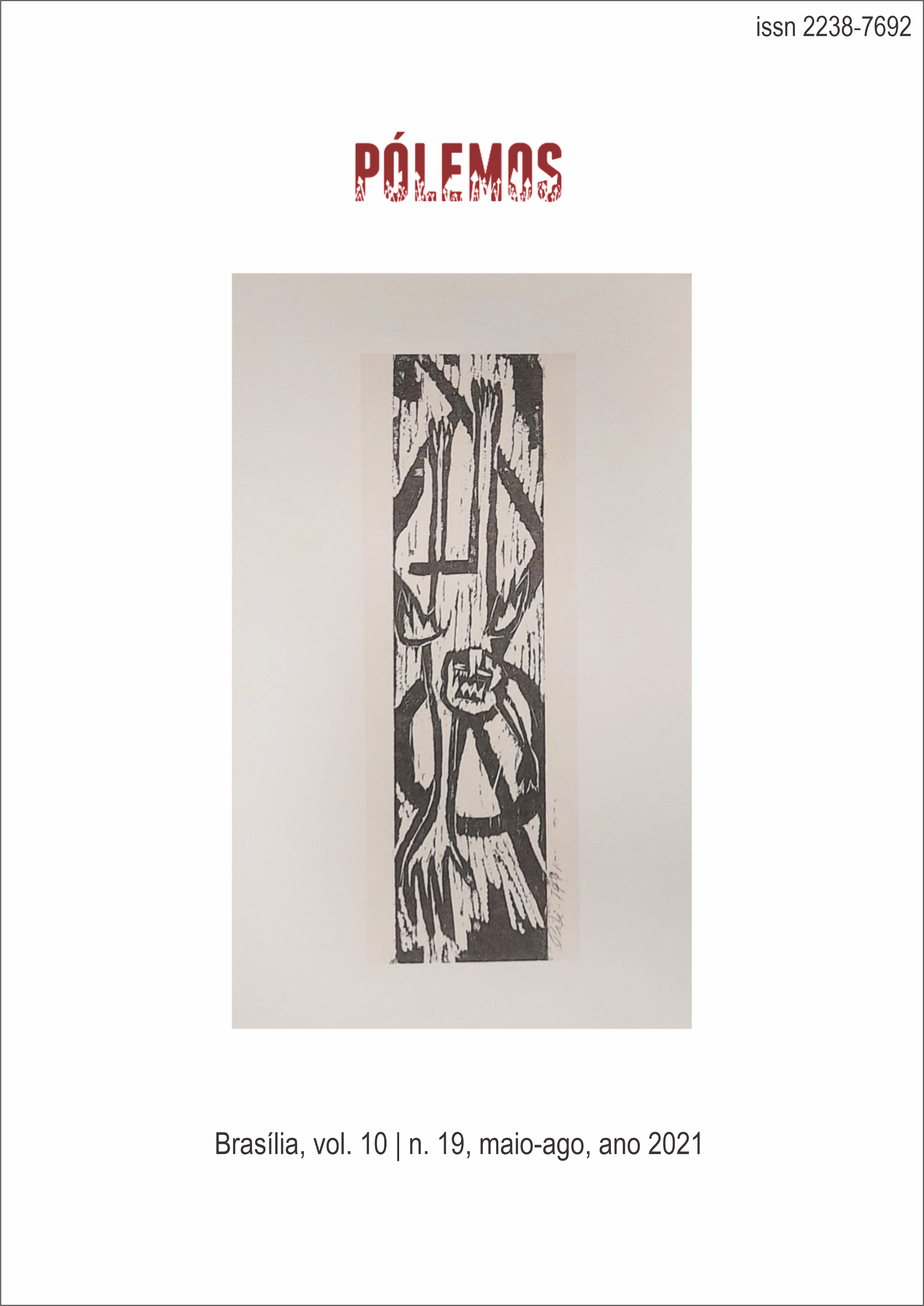BENJAMINIAN CRITICISM IN HIS ESSAYS ON GOETHE
DOI:
https://doi.org/10.26512/pl.v10i20.38752Keywords:
Benjaminian. Criticism. Historical-Materialism.Abstract
This article aims to accompany the reader in an exegetical way, in order to highlight the Benjaminian concepts proposed in the two essays presented in the book Ensaios reunidos: escritos sobre Goethe. We will start with an analysis of Goethe’s novel Elective Affinities, presenting the points brought up by Benjamin in his essay and seeking to understand the concepts of truth content, material content and without-expression. The second part of the article aims to analyze Benjamin’s second essay, in which the philosopher makes an intellectual biography of the German writer. We will try to show the crucial points in which Benjamin shows the intellectual evolution of one of the most important writers in the history of universal literature, also pointing out the social conflicts in which Goethe found himself, in order to highlight the criticism made through historical materialism and its importance in the foundation of a new critical exercise.
Downloads
References
BENJAMIN, Walter. Ensaios Reunidos: escritos sobre Goethe. Edº2. Trad: Mônica Krausz Bornebush, Irene Aron e Sidney Camargo, supervisão e notas: Marcus Vinicius Mazzari. São Paulo; Editora 34; 2018;
BENJAMIN, Walter. Estética e sociologia da arte. Trad. João Barrento. Belo Horizonte. Autêntica Editora. 2017.
GAGNEBIN, J. M. (1980). A propósito do conceito de crítica em Walter Benjamin. Discurso, (13), 219-230.Site: revistas.usp https://doi.org/10.11606/issn.2318-8863.discurso.1980.37898. Data de acesso: 29/06/2021
GOETHE, Johann Wolfgang von. As Afinidades Eletivas. Edº1. Trad: Tercio Redondo. São Paulo. Penguin Classics Companhia das Letras. 2014.
Downloads
Published
Issue
Section
License
Copyright (c) 2021 PÓLEMOS – Revista de Estudantes de Filosofia da Universidade de Brasília

This work is licensed under a Creative Commons Attribution-NonCommercial-NoDerivatives 4.0 International License.
Todos os trabalhos que forem aceitos para publicação, após o devido processo avaliativo, serão publicados sob uma licença Creative Commons, na modalidade Attribution-NonCommercial-NoDerivatives 4.0 International Public License (CC BY-NC-ND 4.0). Esta licença permite que qualquer pessoa copie e distribua a obra total e derivadas criadas a partir dela, desde que seja dado crédito (atribuição) ao autor / Ã autora / aos autores / às autoras.


